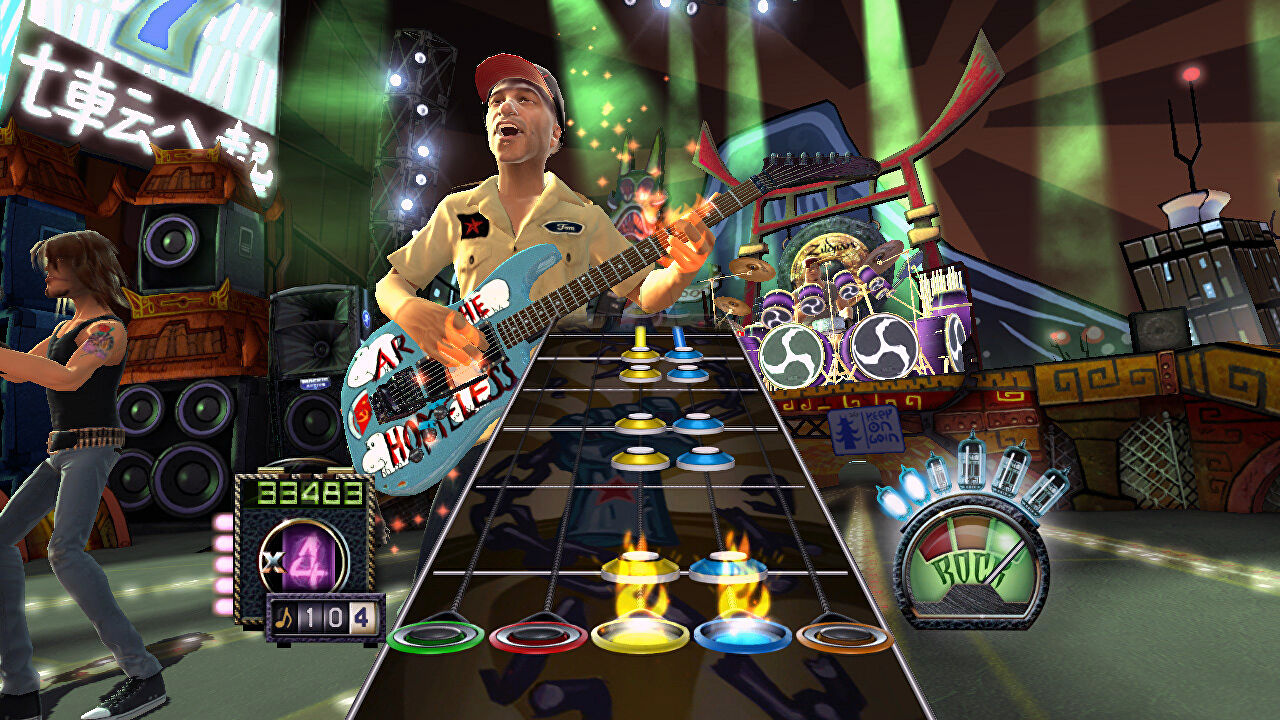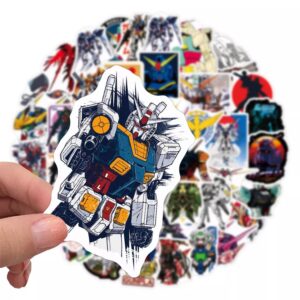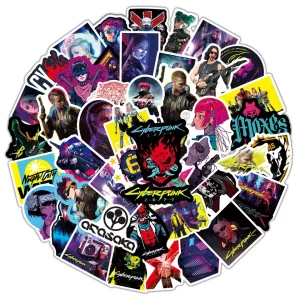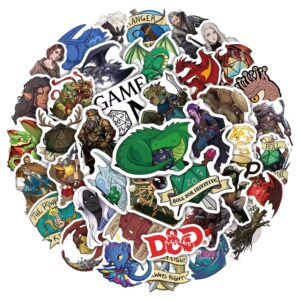The demise of the Guitar Hero franchise at the hands of Activision’s Call of Duty was a significant blow to gamers everywhere. However, despite its downfall, there is still hope for a revival of this once-iconic franchise. Each Guitar Hero release wasn’t just a game but a gateway to the pop-culture zeitgeist of its time. As Activision continues to focus on bringing Call of Duty games to players for eternity, we can’t help but wonder what happened to the beloved franchises of the past, such as Tony Hawk’s Pro Skater and Guitar Hero.
For me, music has always been a passion, instilled in me by my older brother, alongside my love for movies and games. Growing up in a household where the sounds of Dean Martin’s “Somewhere There’s a Someone” and Oasis’s “Be Here Now” filled the air, my musical education was certainly an interesting one. However, it was the release of the first Guitar Hero game in April 2006 that truly set my world on fire.
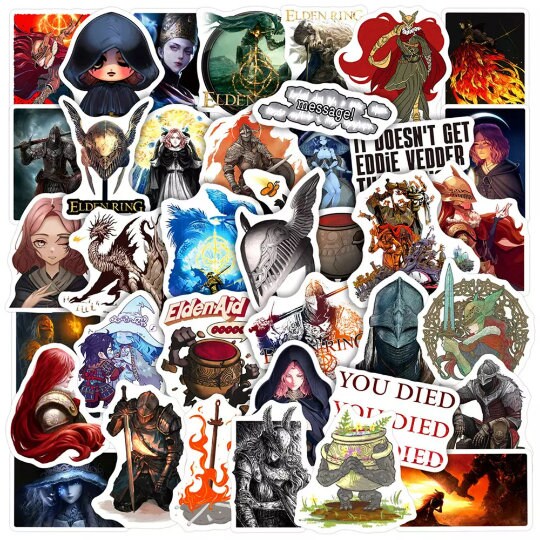
If you love video games, make sure you check out our custom video game sticker packs!
Months after the release of Foo Fighters’ 2005 double album “In Your Honor,” I found myself endlessly trying to replicate the guitar licks of Chris Shiflett and Dave Grohl on tracks like “Free Me,” “End Over End,” and “No Way Back.” While the Foo Fighters weren’t featured in the debut Guitar Hero game, the controller, modeled after the iconic Gibson SG, gave me an outlet for my creative energy. Struggling my way through songs like Audioslave’s “Cochise” or Franz Ferdinand’s “Take Me Out,” I felt like I had my very own gig ticket to rock out to after school.
My newfound appreciation for the craft of musical creation only grew with each new Guitar Hero release, pushing me to explore new bands, genres, and documentaries. However, the release of Guitar Hero 3 Legends of Rock marked a bittersweet moment for me. After years of mimicking riffs, I was finally gifted my first guitar, an Encore Stratocaster ripoff that did the job for a new learner. Unfortunately, the Guitar Hero franchise was on its last legs. Original developers Harmonix moved on to establish the rival franchise Rock Band, while Tony Hawk’s Pro Skater pioneers Neversoft developed Guitar Hero games until 2010’s underwhelming Warriors of Rock.
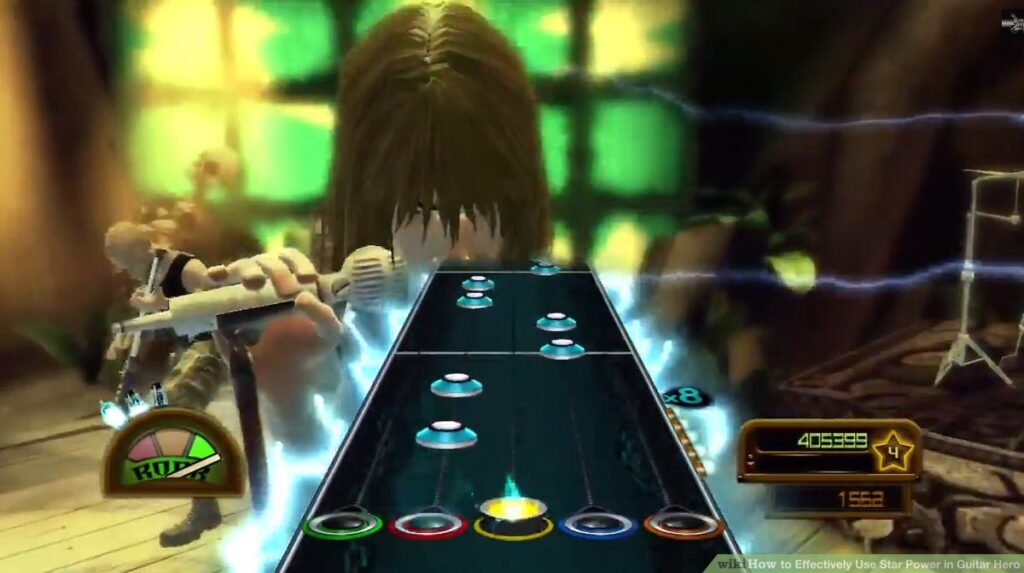
Harmonix, the original developers of Guitar Hero, continued to innovate the rhythm game genre by adding new instrument peripherals like drum sets, MIDI guitars, and keyboards. However, both the Guitar Hero and Rock Band franchises eventually fell victim to formulaic repetition, leading to a decline in interest from gamers. Activision’s focus on Call of Duty only accelerated this decline, as Neversoft shifted its focus away from Guitar Hero and towards the lucrative Call of Duty franchise. The last attempt at a Guitar Hero game, Guitar Hero Live, failed to live up to expectations and ultimately buried the franchise.
Today, Activision is primarily focused on the Call of Duty franchise, using their favorite developers to churn out games like Modern Warfare 2 and Warzone 2. The company has also sunsetted other IPs like Tony Hawk’s Pro Skater, leaving gamers with little hope for the return of Guitar Hero. While other games like Hi-Fi Rush, Beat Saber, and Metal Hellsinger carry on the rhythm game legacy, nothing quite compares to the joy of playing Guitar Hero.
Despite Guitar Hero Live’s failure, there is still hope for the franchise. The next-gen consoles offer a chance for the franchise to redeem itself, and the simplicity and fun of the earliest games could be revived once again. With games like Hi-Fi Rush and Beat Saber proving that the rhythm game genre is still alive and well, it’s time for Activision to give Guitar Hero another chance.
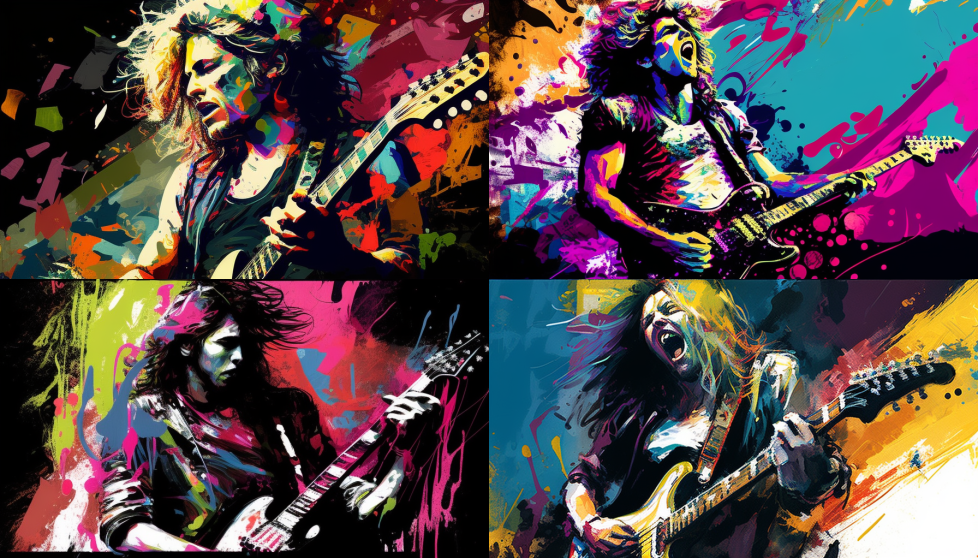
Earlier Guitar Hero titles captured the thrill of gig culture, from detailed setlists and venues to customizable characters and guitars. Guitar Hero Live attempted to bring a modern aesthetic to the franchise but ultimately fell short. With the advancements in technology like the upcoming PSVR 2, the virtual stages of the world could be brought to life like never before, allowing gamers to experience the rush of performing in front of a virtual crowd.
For many gamers, Guitar Hero has offered a chance to forge friendships, discover new bands, and even learn to play an actual guitar. The emotional power of music is something that resonates deeply with many, and the return of Guitar Hero could once again capture that magic. However, with Activision’s focus solely on the FPS market, it remains to be seen if the franchise will ever return.
Despite the setbacks, I’m still eagerly anticipating the return of the Guitar Hero franchise. The world is ready for its revival, and I’m sure I’m not the only one who wants to dust off those plastic guitars for a chance to immerse myself in the world of music once again.




